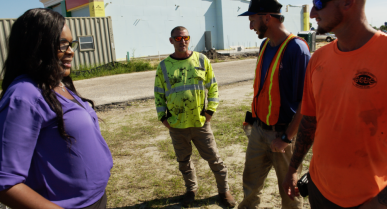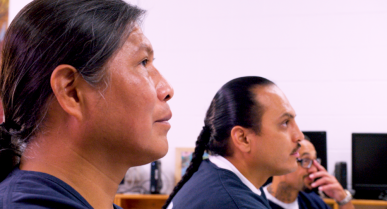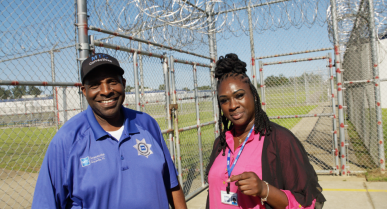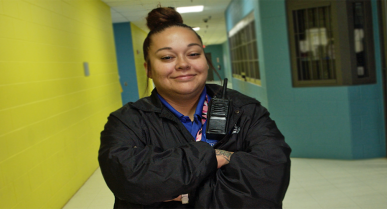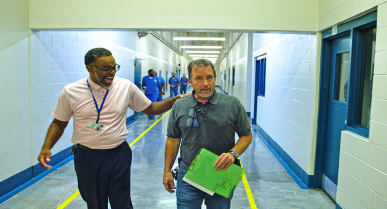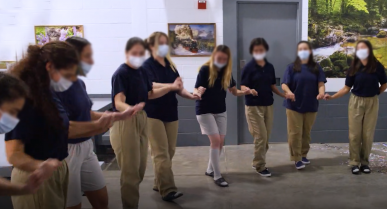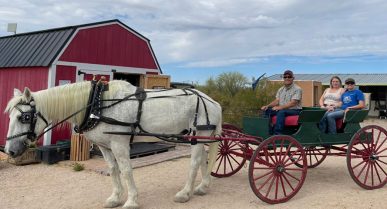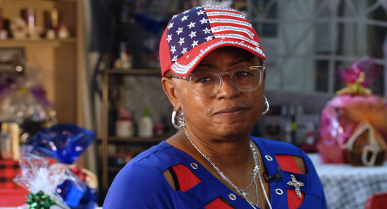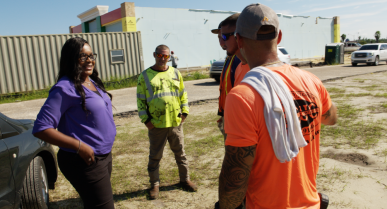See How Cognitive-Behavioral Programs are Changing Lives at the Otero Facility
“Things that I’ve done in my past don’t necessarily define me of what’s going to happen in the future.”
So says Jonathan Pino who is incarcerated at the Otero County Prison Facility in Chaparral, New Mexico where every effort is made to change lives, and to change residents’ ways of thinking. A great variety of evidence-based programs are offered, including cognitive behavioral classes.
“So, cognitive behavioral classes are meant to change the way a person thinks,” says Deborah Macias who is an academic instructor at the facility. “So, if we change the way a person thinks, then it’ll show in their behavior, which was not the way they came in. They always behaved first, and then thought of the consequences last. So, we’re changing that; trying to change that.”
Ms. Macias is Jonathan Pino’s instructor. “She takes a genuine interest in what our day to day lives are like here, so that she can then apply it to her teaching. What she’s able to do is tailor the class to say ‘well, you had ‘x’ happen to you today. How can you restructure your thinking, or restructure the thought that you may have that was negative into a positive, and see it from a different set of eyes, see it from a different point of view?’”
“I had these things,” explains resident Wenses Baca, “that we call in some of these groups, we call ‘thinking errors’. And I was more focused on those things, because it was pretty much focused around myself.”
Programming efforts at the Otero County facility also include vocational training and other life-skills development. The education department is always looking for better, more effective programs.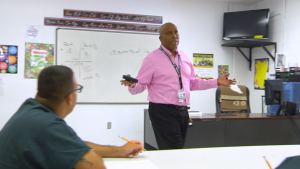
Nani Cherry is the director of the facility’s sex offender treatment program.
“I’ve seen progress,” she says, “I’ve seen success. I think we can always improve, and I think, moving forward, that MTC is really focused on improving all of our programming and making sure that we’re doing the best job that is most up to date, with all of the research.”
“(With) programming and stuff like that,” states Wenses Baca, “positive stuff, positive reinforcement from others – teachers, different people, counselors – you learn. You learn and you want better for yourself, and you want to spread that to other people. And now, I want to be out there with my family; I want to give back to others. I want to help in other ways that I didn’t think I ever could, because I wasn’t focused on that.”
Jonathan Pino expresses his gratitude to the culture of the facility. “The staff, in all of the programming that I’ve done, there is that BIONIC (Believe It Or Not I Care) method, that there are people within these walls that do care of making us better, so that when we do return to society, we’re not going to come back. I really do appreciate that about the staff here at MTC.”
